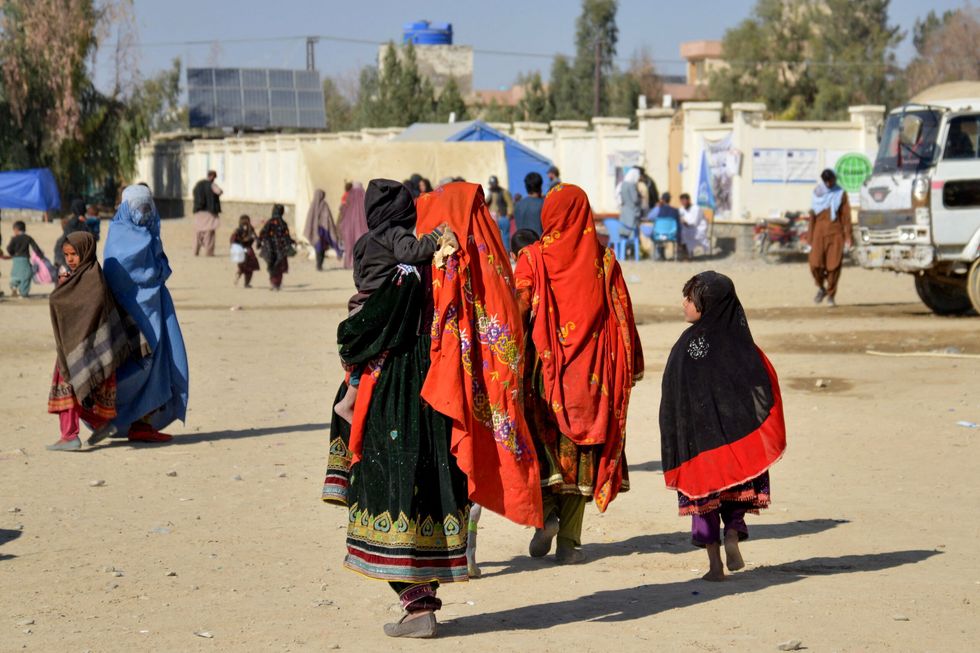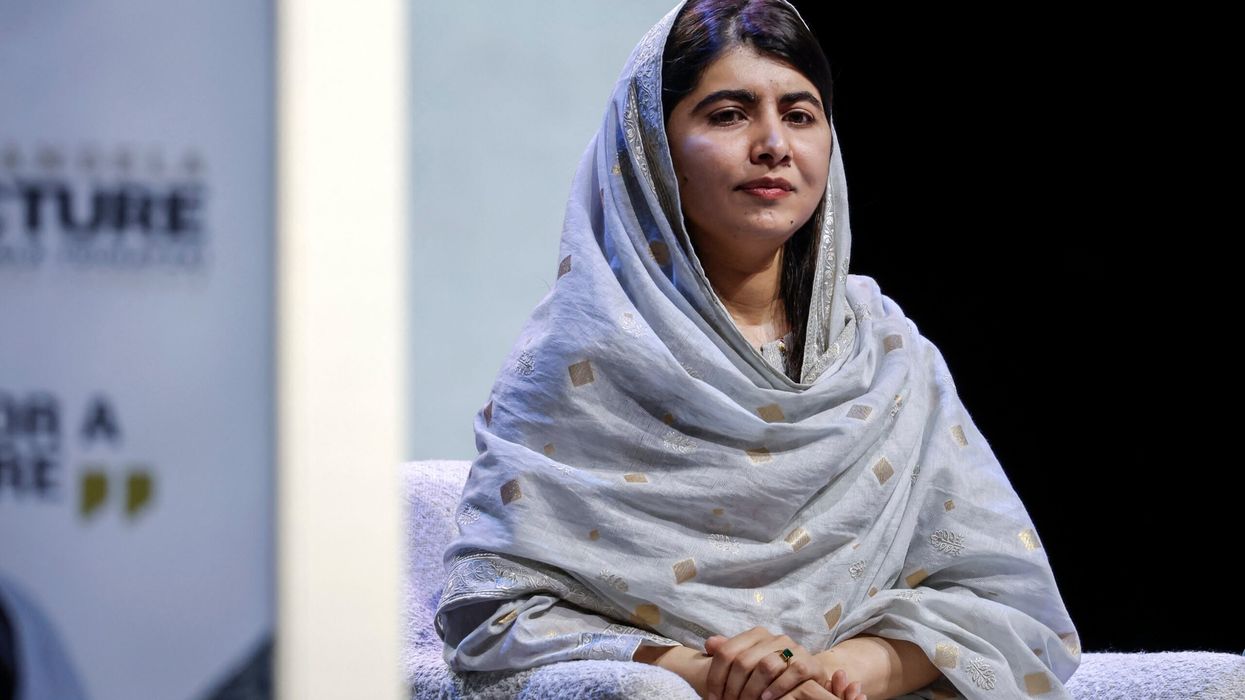NOBEL PRIZE winner Malala Yousafzai urgently calls for Pakistan to stop deporting undocumented Afghans, highlighting the “dark future” awaiting women and girls sent back.
More than 600,000 Afghans have fled Pakistan since Islamabad ordered undocumented migrants to leave or face arrest last year.
“It is deeply concerning that Pakistan is forcing Afghan refugees based in Pakistan back into Afghanistan, and I am deeply concerned about the women and girls,” said the activist, who was awarded the Nobel Peace Prize in 2014, in an interview last Friday (12).
Despite extending leave for Afghan refugees with permits to stay in Pakistan for another year, Islamabad last week said it would remove illegal migrants.
Human rights monitors have warned that some sent to Afghanistan face persecution by the Taliban, who came into power in 2021 and has imposed an austere form of Islam, barring girls from higher education and excluding women and girls from areas of public life.

“A lot of these girls in Pakistan were studying, they were in school, these women were doing work,” said Malala, 27, who grew up in Pakistan’s Swat Valley.
She moved to the UK after she was shot, aged just 15, for resisting the Pakistan Taliban’s then-ban on girls’ education in her hometown.
“I hope that Pakistan reverses its policy and that they protect girls and women, especially because of the dark future that they would be witnessing in Afghanistan,” she added.
Speaking to AFP on her birthday, recognised by the UN as Malala Day, the activist launched into the challenges facing the only country in the world where girls over 12 are barred from school.
“I cannot believe that I am witnessing a time when girls have been banned from their education for more than three years,” she said, adding that while the situation was “shocking”, she “admired the resilience of the Afghan activists”.
The Malala Fund is actively campaigning for the UN to formally broaden their definition of crimes against humanity to include “gender apartheid” – a phrase the UN has used to describe the situation in Afghanistan. Earlier this month, the UN and Taliban sat down for talks in Doha for the first time since the latter came to power, but without women in attendance.
Malala said the Doha talks made a “compromise on the future of women and girls”, calling for a “principled engagement” with the Taliban.

“World leaders need to realise that when they sit down with the Taliban… and they are excluding women and girls, they are actually doing the Taliban a favour,” she said.
“I want to call out those countries as well – that includes Canada and France – who have a feminist foreign policy” to “condemn” conversations like the Doha talks, she added.
Malala also called for an “urgent” ceasefire in the war in Gaza. “It is horrifying how many schools have been bombed in Gaza,” she added, referring to four schools that were hit by Israeli air strikes this week.
According to the education ministry in the Hamasrun Gaza Strip, 85 per cent of educational facilities in the territory are out of service because of the war. “It is deeply concerning because we know that children do not have a future when they’re living under a war, when their schools and homes are destroyed,” said Malala.
The UN agency for Palestinian refugees, UNRWA, which coordinates nearly all aid to Gaza, said it used more than half its budget before the war to fund education. However, it is facing funding woes after several countries, including the US and Britain, suspended aid after Israeli accusations that its workers were involved in Hamas’s attack against Israel on October 7. Some countries, such as Australia and Germany, have, however, resumed funding when evidence could not be found to support Israel’s claims.
“When it comes to humanitarian support, all countries should be making no compromise. They should make sure that all the immediate and urgent needs of people are provided, and UNRWA is an example of that,” Malala said of countries resuming funding for the group.
“I do hope that all countries are providing aid and support because it’s about those innocent people and civilians who need to be protected.




